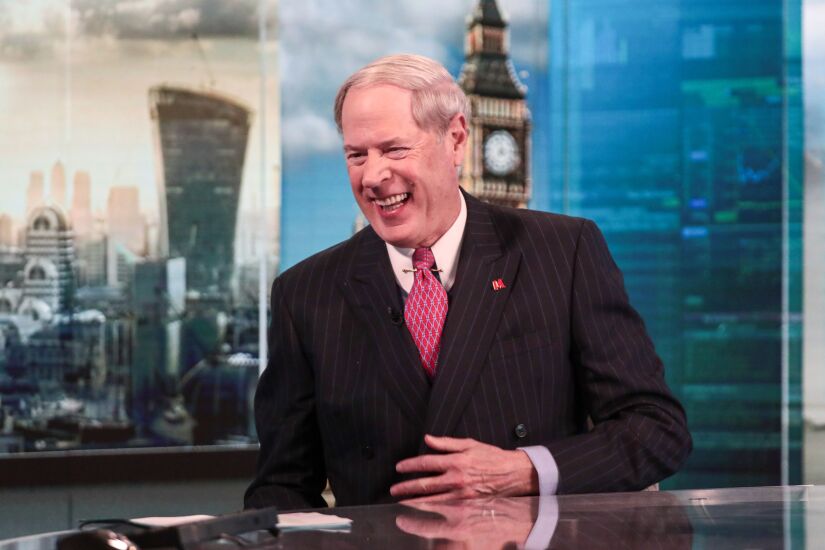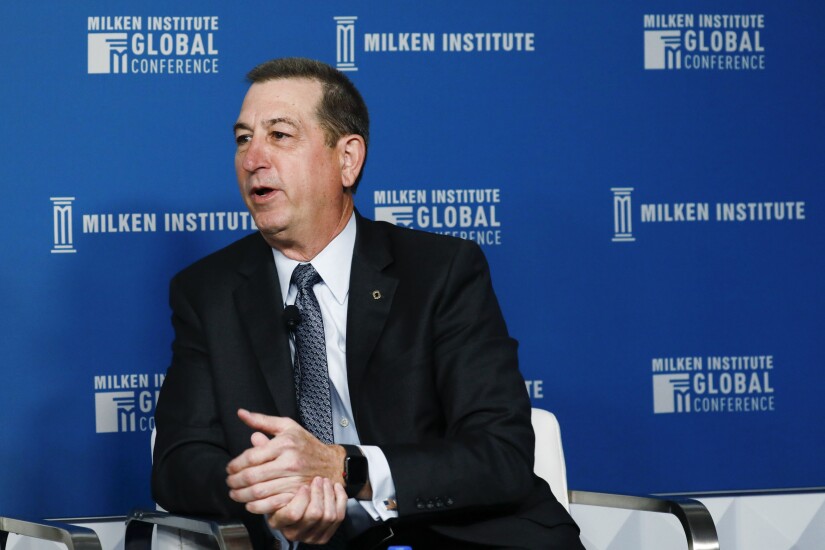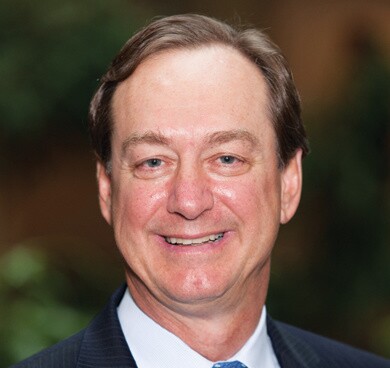When a bank gets sold, its CEO often sits at a career crossroads.
Sometimes the chief executive is close to retirement age; indeed, the decision to sell the bank is frequently tied to
The career paths of eight former CEOs, summarized below, suggest that these executives regularly find a new role in the banking industry — often as a board member or as the chief executive of another bank.
But some of the former chief executives have taken less common career turns, including one who did a high-profile stint in government and another who had a short turn at the top of the city of Cleveland’s public-school system.
The list spans nearly 15 years of bank M&A — from Commerce Bancorp’s sale back in 2007 to two regional-bank deals that closed earlier this year.













